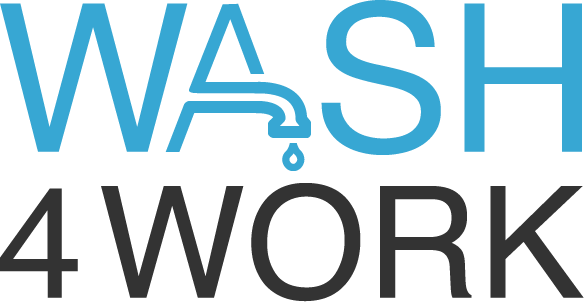WASH4Work (W4W) is open to all companies making commitments which enable greater access to WASH in the workplace, in communities, and across supply chains. Launched by now-former UN Deputy Secretary-General Jan Eliasson, W4W’s founding partners include UN agencies, international NGO’s and the companies Diageo, Gap Inc. and Unilever. There is a role to play for companies large and small, worldwide. The achievement of the Sustainable Development Goals, specifically Goal 6, universal access to WASH, will not be possible without governments, private sector and civil society, doing more.
W4W provides opportunities to do collectively what is much harder to accomplish individually.
- W4W facilitates learning and engagement which can enable companies new to WASH to benefit from the experiences of some of the top WASH experts in the world.
- Companies have ongoing opportunities to find new partners at the international, or national level around projects, advocacy or capacity building.
- W4W partners Gap Inc., Diageo, WaterAid and Unilever have jointly developed a guide (click here to access the guide) to strengthen the business case for WASH
- Benefit from W4W’s communications platform. W4W is will develop web features, quarterly newsletters and occasional media relations opportunities for and with its partners.
- Participate in W4W related events and activities, including high profile opportunities at the United Nations and other international fora. These events provide platforms for partners making progress in expanding access to WASH and in doing so, becoming leaders in corporate sustainability.
- Active companies with lessons to share will be positioned to help lead the W4W partnership and contribute to shaping critical initiatives, such as the development of W4W’s Knowledge Sharing Platform and advocacy plans.
- W4W also provides a platform and expertise to develop joint messaging and advocacy strategies aimed at senior government officials and policy makers in order to advance the case for WASH as central to sustainable development.
